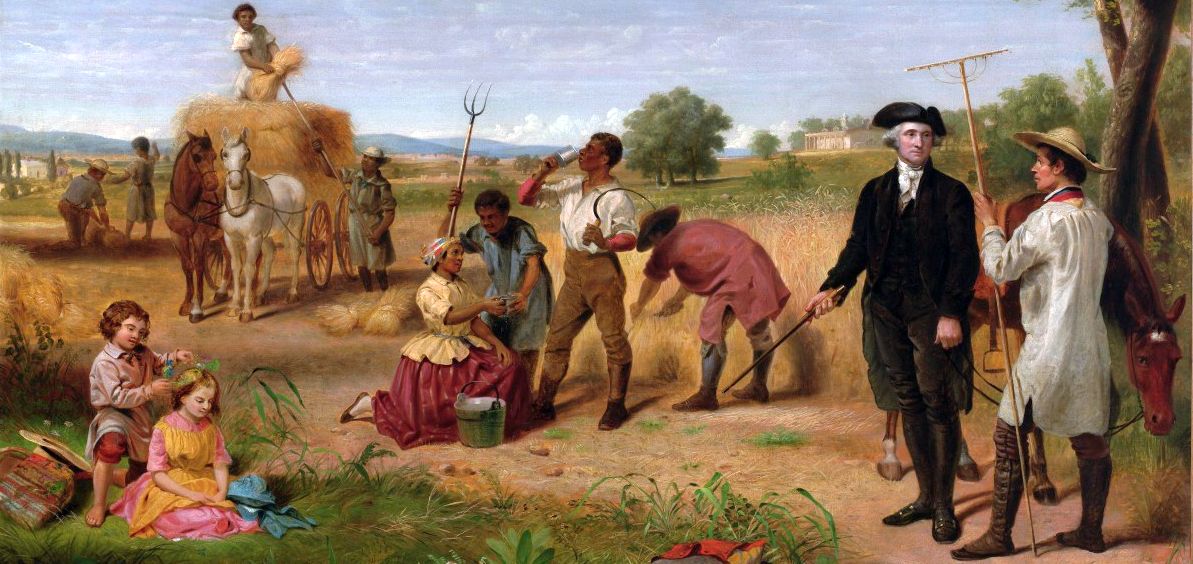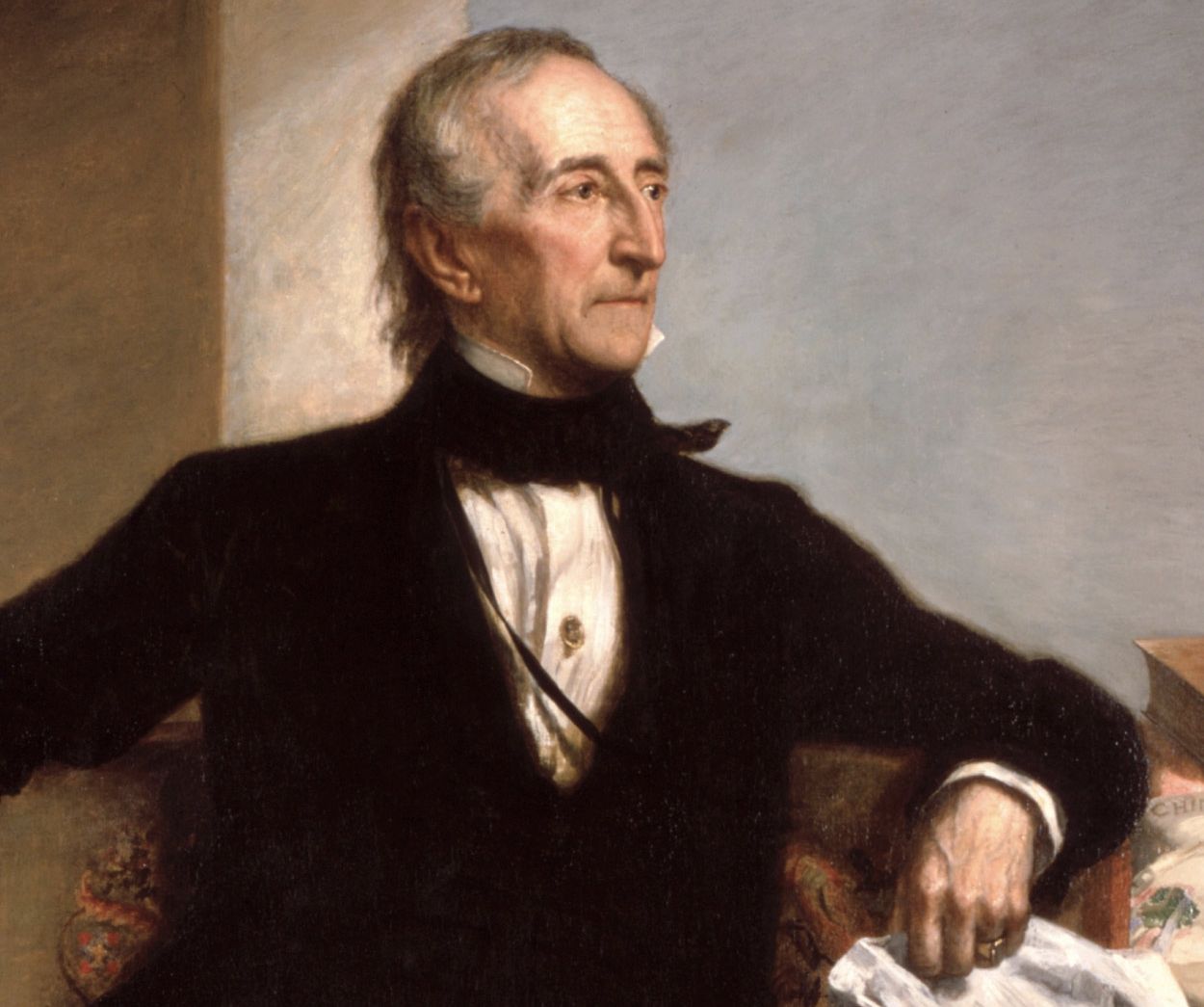Authors:
Historic Era: Era 10: Contemporary United States (1968 to the present)
Historic Theme:
Subject:
February/March 2021 | Volume 66, Issue 2


Authors:
Historic Era: Era 10: Contemporary United States (1968 to the present)
Historic Theme:
Subject:
February/March 2021 | Volume 66, Issue 2
Anyone who has studied American history even casually knows of the impeachments of Andrew Johnson, Bill Clinton, and Donald Trump. Now, the violent storming of the Capitol has led to a second impeachment of Trump.
To put the recent events in context, we teamed up with James Banner and dozens of other historians to create an extraordinary issue of American Heritage that provides a broad look at presidential misbehavior over 230 years of the republic. Professor Banner is the editor of Presidential Misconduct, which is published by The New Press and details misconduct in every presidential administration since George Washington. We have also asked 11 historians to provide assessments of Donald Trump's presidency and his recent actions.
Readers will get a deeper appreciation for the constitutional system of checks and balances when they see how the branches of government have struggled to define their respective responsibilities and to discharge their duties over the years. They invented an entirely new form of government as they did so.
Accusations of misconduct and calls for accountability arose at the start — in George Washington's administration — as Americans gradually awakened to the reality that, as Lance Banning writes in his essay on Washington, “even a balanced government must be constantly guarded against corruption or decay.” Otherwise, “the rule of law will tend increasingly to become a rule of men, and liberty will be lost.”
But accusations of “tyranny” and “public evil” so wounded Washington that it’s not surprising that he warned about the evils of growing factionalism and the threat of sectional confrontation in his Farewell Address.

President Thomas Jefferson's Federalist opponents so disapproved of his actions they tried to impeach him over his appointment of a tax collector in Boston. But the failure of the resolution to pass established a precedent which set a limit on Congressional interference in specific actions by the executive branch.
